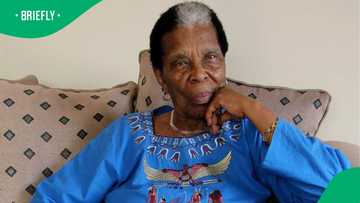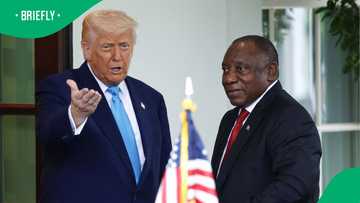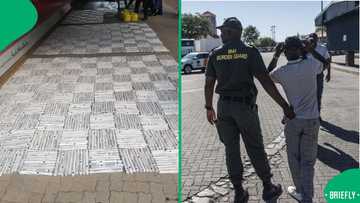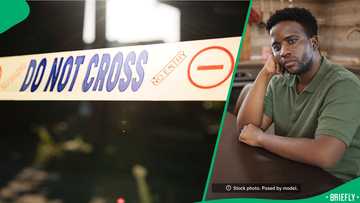Youth Day in South Africa 2025: Why do we celebrate this day?
Youth Day is a public holiday in South Africa celebrated annually. The holiday honours young adults who opposed the apartheid regime and helped Mzansi attain independence. The police killed and jailed many Black young people during the 1976 Soweto Uprising riots led by Black South African high schoolers. Youth Day in South Africa 2025 will be marked on 16 June.
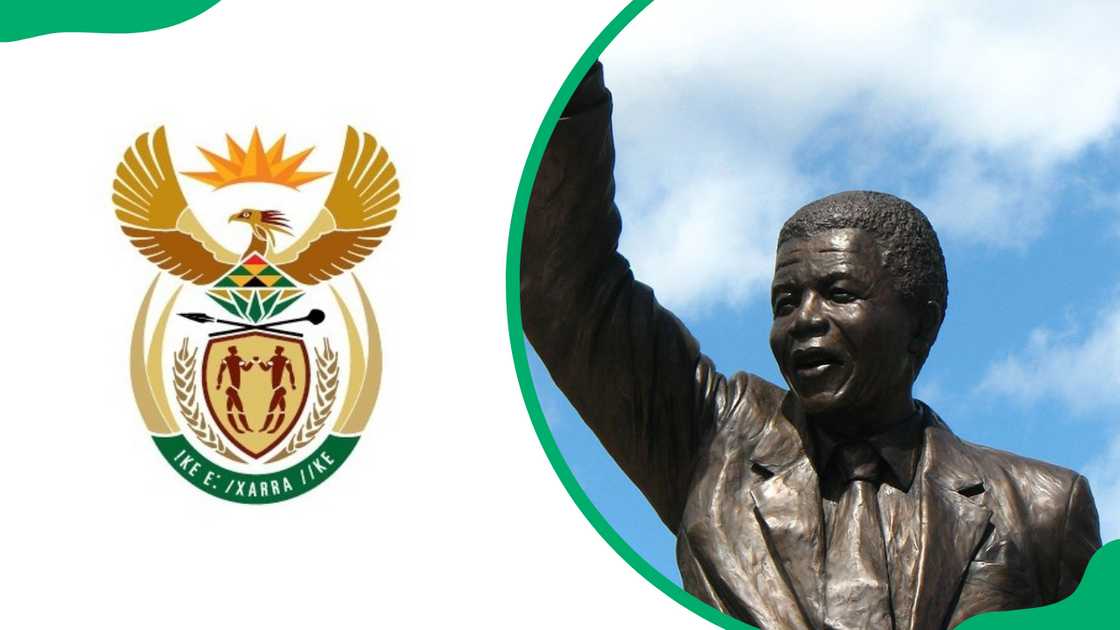
Source: UGC
TABLE OF CONTENTS
- Key takeaways
- Youth Day in South Africa 2025
- What is Freedom Day in South Africa?
- What is Youth Day all about in South Africa?
- What is the purpose of Youth Day?
- Is Youth Day a public holiday?
- Why do people celebrate World Youth Day?
- When was Youth Day first celebrated?
- What was the youth revolution in South Africa?
- How many public holidays are there in South Africa in 2025?
- What is the theme of the World Youth Day in 2025?
- Is Monday a public holiday in South Africa?
- Is tomorrow a public holiday in South Africa?
- What happened on 16 June or Youth Day?
Key takeaways
- Youth Day in South Africa in 2025 will be marked on 16 June.
- In South Africa, the Youth Month is celebrated in June.
- South Africans use the day to memorialise the Soweto Uprising in the country.
- This article explains the Soweto Uprising riots, which are a significant part of the history of Youth Day in South Africa.
Youth Day in South Africa 2025
Youth Day 2025 will be marked on 16 June. In SA, June is celebrated as Youth Month to honour the role young people played in the fight against apartheid and the Soweto Uprising of 1976.
The theme of Youth Day in South Africa 2025
Youth Day South Africa is one of the public holidays in South Africa in 2025. The theme of this day is yet to be publicised. Even so, the day will likely have a theme focused on celebrating the role of youth in building a democratic and united South Africa.
It will likely draw inspiration from the 1976 Soweto Uprising and the Freedom Charter. Many people are awaiting the president's keynote address or speech for Youth Day South Africa in 2025.
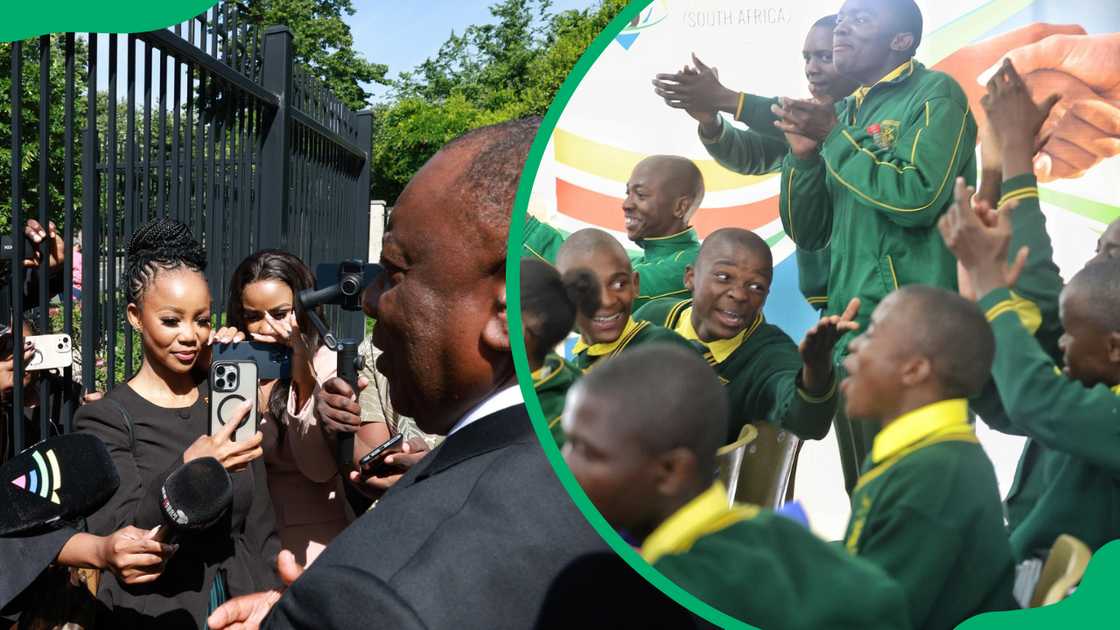
Source: UGC
What happened on Youth Day?
On 16 June 1976, high school students began protests against Afrikaans becoming the medium of instruction in local schools. Around 10,000 Black students marched toward Soweto's Orlando stadium in the morning to oppose the White government's oppressive education laws.
Consequently, many Black children lost their lives in the demonstrations when the police intercepted them with ammunition and tear gas.
History of Youth Day in South Africa
Tension rose in Mzansi when the colonial government enacted the Bantu Education Act in 1953. The law ended missionary schooling for African children and codified segregated schools.
Furthermore, it supported a racist curriculum that moulded Black children into manual laborers to serve the ruling class. Consequently, the Black Consciousness Movement (BCM) and the South African Students Organization (SASO) raised the political consciousness of many Black South African students.
Things blew out of proportion when the British colonialists laid down the 1974 Afrikaans Medium Decree that forced Black students to learn Afrikaans.
The government wanted Afrikaans and English to be mandatory instructional languages in Black township schools where White students were minorities. Africans did not take it kindly because they considered Afrikaans as the "oppressor's language."
As a result, black South African high school students in Soweto mobilised themselves to protest against the 1974 Afrikaans Medium Decree.
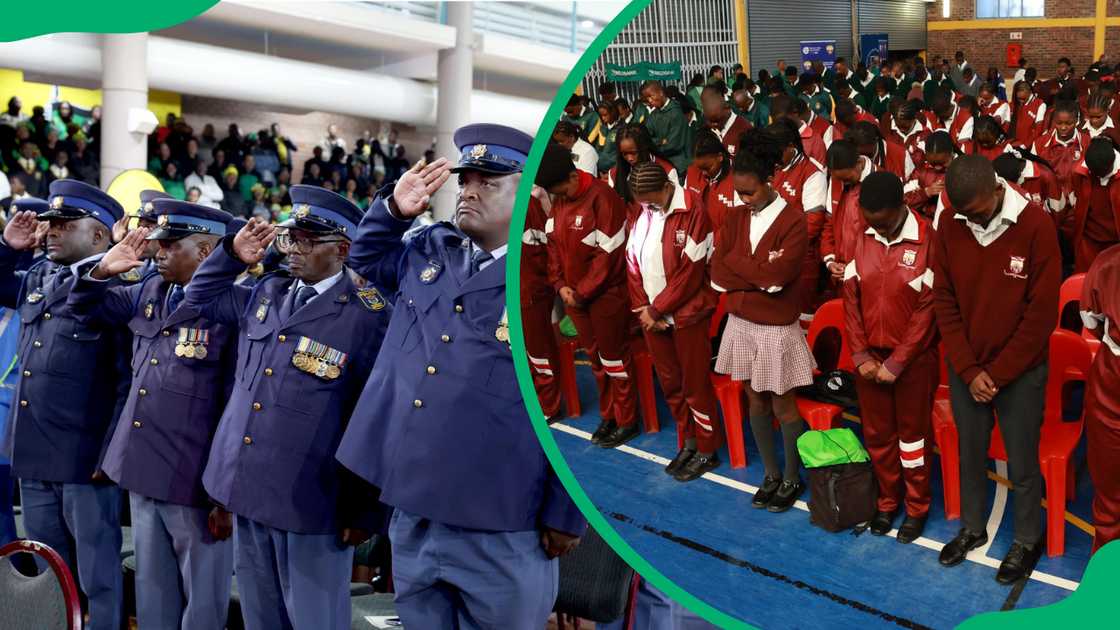
Source: UGC
The Soweto Uprising protests
Backed by BCM, the South African Students Movement's Action Committee mobilised Black students for a peaceful protest. Between 3,000 and 10,000 students marched to Soweto’s Orlando stadium on 16 June 1976.

Read also
7 High school learners in Johannesburg arrested after video of them bullying a girl goes viral
The young people met heavily armed police who ordered them to stop marching. The determined students defied the police's orders.
Chaos erupted when the police unleashed a dog and fired tear gas at the protestors. The dog died in the riots as students scattered in all directions. The police began firing gunshots at the crowd amid the confusion.
Who died on 16 June 1976?
15-year-old Hastings Ndlovu was killed in the riots, while Mbuyisa Makhubo took Hector Pieterson's body to a nearby clinic after police shot him. Hector Pieterson is associated with the Soweto Uprising.
Hector became the iconic image of the event after a photograph of his dead body being carried by his fellow student was published in several newspapers. Photographer Sam Nzima of The World newspaper captured Mbuyisa and Hector's sister carrying the body. The image evoked sadness in millions of souls worldwide.
The 16 June protests intensified when the police fired teargas and live bullets at the demonstrators. The rattled students poured their anger on public properties, vandalising anything associated with the apartheid government, including beer halls, vehicles, and buildings.
The White government reported that the police killed twenty-three students, but hospitals estimated that 176 to 700 young adults died in the riots.
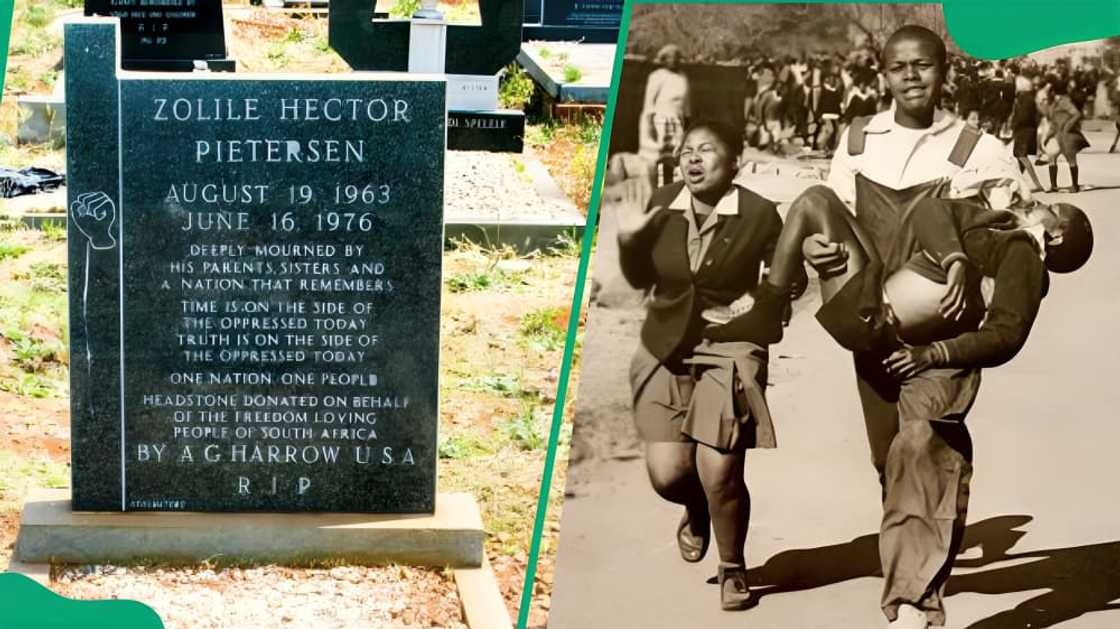
Source: UGC
Consequences of the Soweto Uprising
The 1976 Soweto Uprising riots plunged the entire country into violence. Business tycoons affected by the demonstrations forced the government to ban liberation movements.
However, some anti-apartheid political organisations like the African National Congress (ANC) and Pan Africanist Congress (PAC) continued to recruit young Black adults discretely and gave their military training.
These political organisations established secret Black military camps in Botswana, Swaziland, Angola, Mozambique, and Tanzania.
The parties illegally sneaked the young people outside South Africa for military training and brought them back as guerrilla fighters to attack the White government.
Many anti-apartheid activists and juveniles were arrested and jailed. The activists later got international support that pressured the colonial government to drop racist laws.
Upon attaining independence from colonial rule in 1994, 16 June became a public holiday in South Africa and was named Youth Day.
How is Youth Day celebrated in South Africa today?
There are many activities for Youth Day in South Africa, depending on personal preferences. Many families and friends celebrate from home, places of worship, or entertainment joints.
Others engage in various charity activities like visiting or sending donations to orphans, the sick, the elderly, and the needy. Many young people send each other Youth Day quotes, while others engage in some of these activities:
- Hiking
- Camping
- Musical concerts
- Youth mentorship programmes
- Interactive diversity workshops
- Youth art exhibitions
- Community outreach projects
- Public health sensitisation programmes
Facts about Youth Day in South Africa
Countries worldwide celebrate International Youth Day annually on 12 August. Although Mzansi celebrates this day, it is not a public holiday in this country. SA has a special annual June 16 Youth Day holiday, which is significant for the country's independence. Read below facts about Mzansi's June 16 public holiday:
- The annual 16 June holiday commemorates the 1976 Soweto Uprising, anti-apartheid protests led by Black high schoolers in Soweto.
- The holiday honours the youth who participated in the three-day Soweto Uprising protests from the morning of 16 June to 18 June 1976.
- About 10,000 students took part in the protests.
- The holiday honours Mzansi youth who died and got hurt in the riots. The protestors were met with fierce police brutality, and many were shot and killed. About 176 students were killed, and there were almost 700 fatalities.
- Hector Pieterson, the schoolboy the police killed in the Soweto Uprising protests, symbolises the consequences of oppression. Hector Pieterson Memorial Museum is in Orlando West in Soweto.
- The South African government named 16 June the official Youth Day during Nelson Mandela's regime. ANC supporters initially called it Soweto Day.
- Nelson Mandela officially declared Youth Day a public holiday in 1995.
- Youth Day inspires the South African government to enact strict human rights laws prohibiting racism, oppression, and discrimination.
- 16 June is internationally known as the Day of the African Child (DAC). The DAC was first initiated by the OAU (Organisation of African Unity) in 1991.
- Every 16 June, governments, NGOs, international organisations, and other stakeholders gather to discuss the challenges and opportunities facing the full realisation of children's rights in Africa.
- The National Youth Development Agency (NYDA) yearly acknowledges the day through its Youth Action for Economic Freedom in Our Lifetime programme.
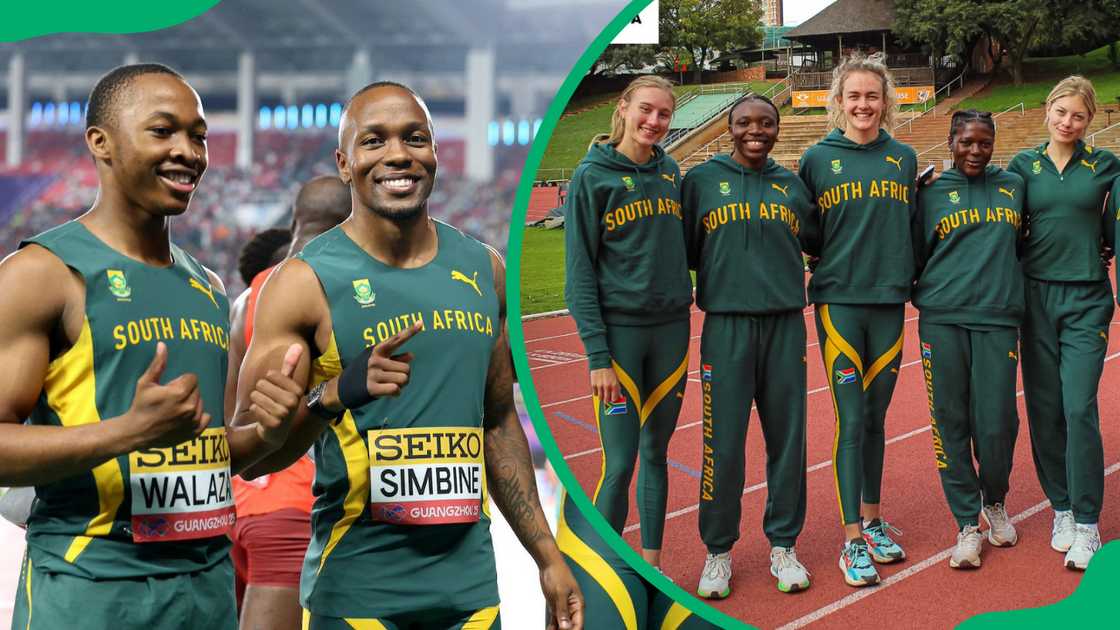
Source: UGC
What is Freedom Day in South Africa?
In South Africa, Freedom Day commemorates the first democratic, non-racial, post-apartheid election.
What is Youth Day all about in South Africa?
Youth Day is a commemoration of the youth who suffered during the apartheid regime. South Africans reflect on the massacre of Black school children during the Soweto Uprising riots of 1976.
What is the purpose of Youth Day?
The annual 16 June public holiday honours South African young adults who protested against the British apartheid regime and helped the country attain independence.
Is Youth Day a public holiday?
16 June is a public holiday in South Africa, and it is named Youth Day. The country marks 2 August as the International Youth Day with the rest of the world but does not consider it a public holiday.
Why do people celebrate World Youth Day?
International Youth Day draws attention to a set of cultural and legal issues affecting youth worldwide.
When was Youth Day first celebrated?
In 1994, Nelson Mandela's newly-elected democratic government declared 16 June a public holiday to honour the South African youth who lost their lives during the Soweto Uprising.
What was the youth revolution in South Africa?
Protests held by high school students in Soweto, South Africa, on 16 June 1976, were titled the Soweto uprising. Almost 10,000 students participated, and hundreds lost their lives and sustained severe injuries from police gunshots.
How many public holidays are there in South Africa in 2025?
There are 12 public holidays as determined by the Public Holidays Act in 2025.
What is the theme of the World Youth Day in 2025?
The official theme for the day is yet to be announced.
Is Monday a public holiday in South Africa?
Monday 16 June 2025 will be a public holiday in SA.
Is tomorrow a public holiday in South Africa?
There are only 12 gazetted public holidays in SA in 2025. If a day is not declared a public holiday, it is not one.
What happened on 16 June or Youth Day?
On this day in 1976, black students congregated for a march but were met by hostility from the police. SA lost young people who were fighting against apartheid policies.
Appreciate Youth Day in South Africa 2025 by embracing sacrifice and martyrdom like those who died for this country. Build a non-racial society and support young adults because the country needs these change agents.
Briefly.co.za recently published all the details about Freedom Day in South Africa. Freedom Day was first held on 27th April 1995 to commemorate the first democratic, non-racial, post-apartheid election.
The elections took place on the same date in 1994 after over 300 years of colonialism, apartheid, and white minority rule. Apartheid, the Afrikaans word for separateness, was established in 1948 but collapsed in 1994.
Source: Briefly News

Peris Walubengo (Lifestyle writer) Peris Walubengo has vast experience in search engine optimization through digital content generation, research, editing, and proofreading. She joined Briefly.co.za in November 2019 and completed the AFP course on Digital Investigation Techniques. You can email her at perisrodah254@gmail.com.

Cyprine Apindi (Lifestyle writer) Cyprine Apindi is a content creator and educator with over six years of experience. She holds a Diploma in Mass Communication and a Bachelor’s degree in Nutrition and Dietetics from Kenyatta University. Cyprine joined Briefly.co.za in mid-2021, covering multiple topics, including finance, entertainment, sports, and lifestyle. In 2023, she finished the AFP course on Digital Investigation Techniques. She received the Writer of the Year awards in 2023 and 2024. In 2024, she completed the Google News Initiative course. Email: cyprineapindi@gmail.com

